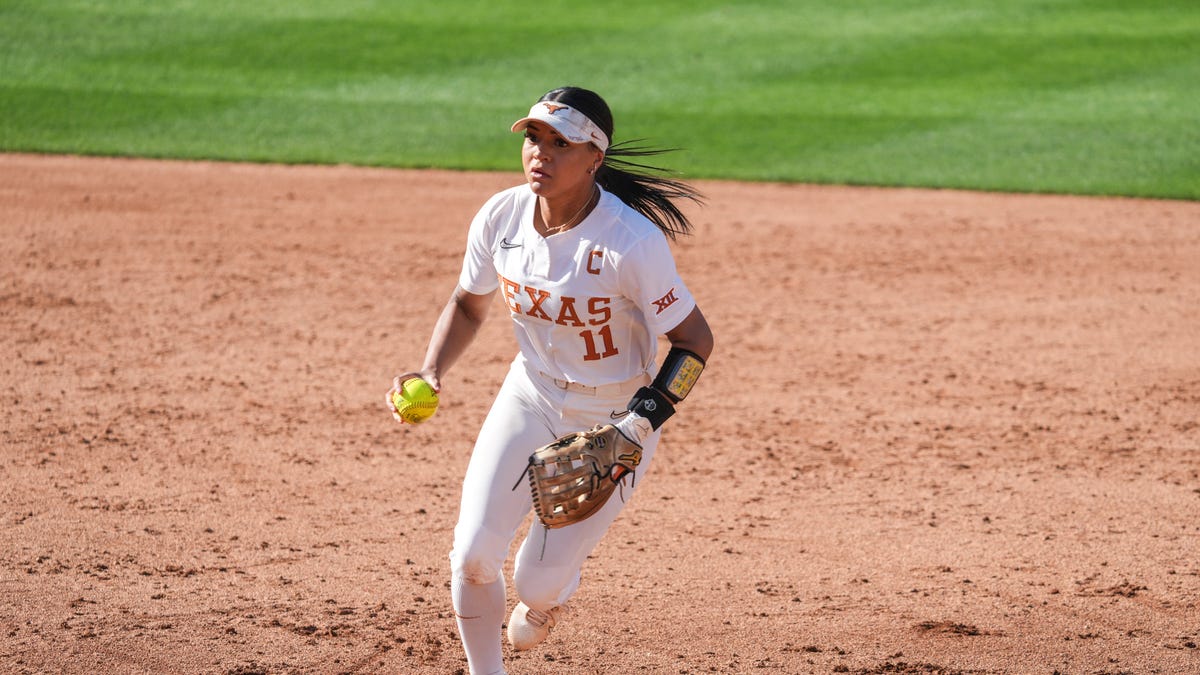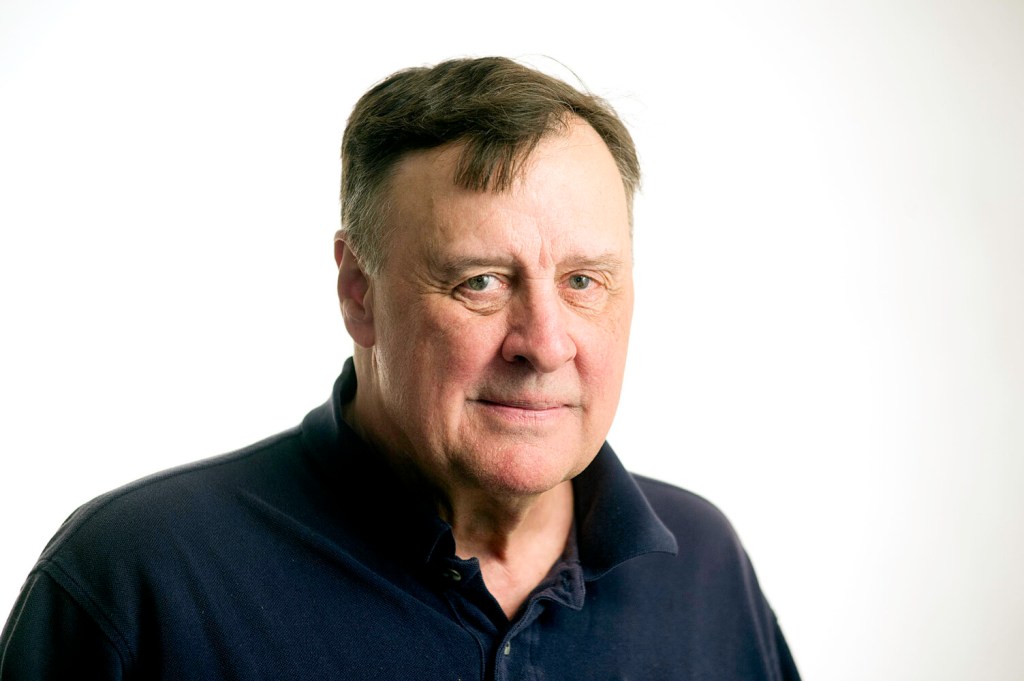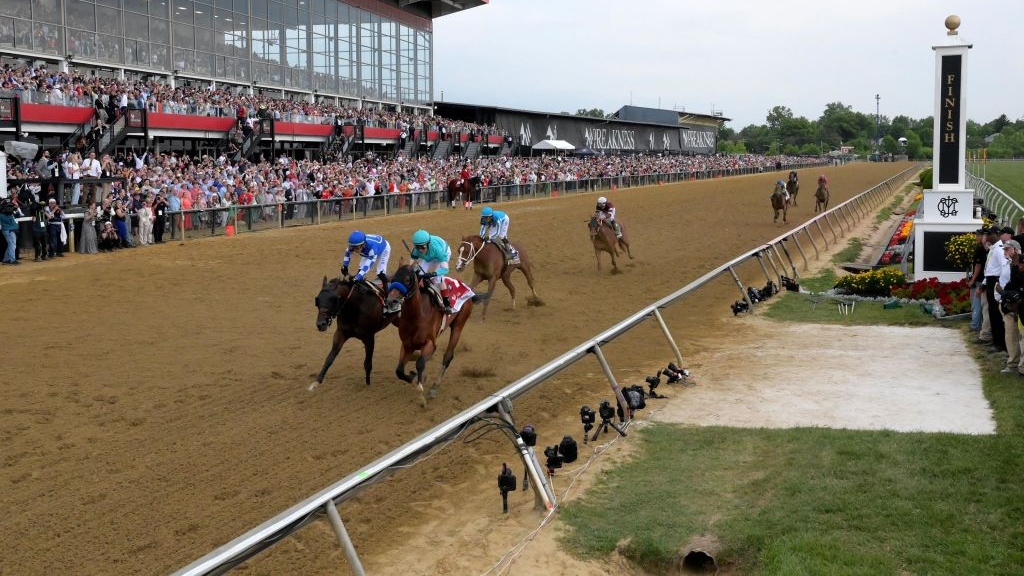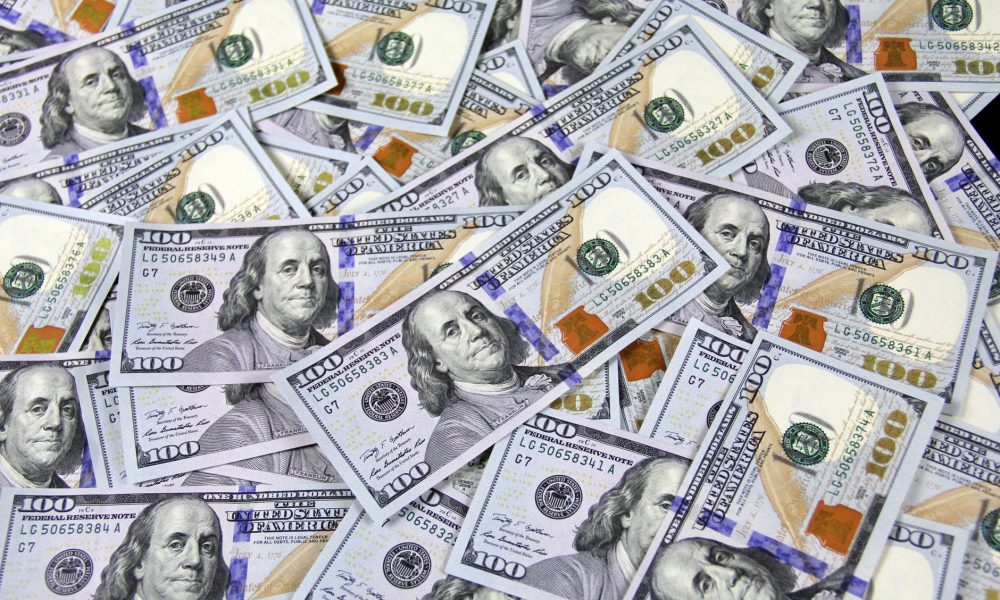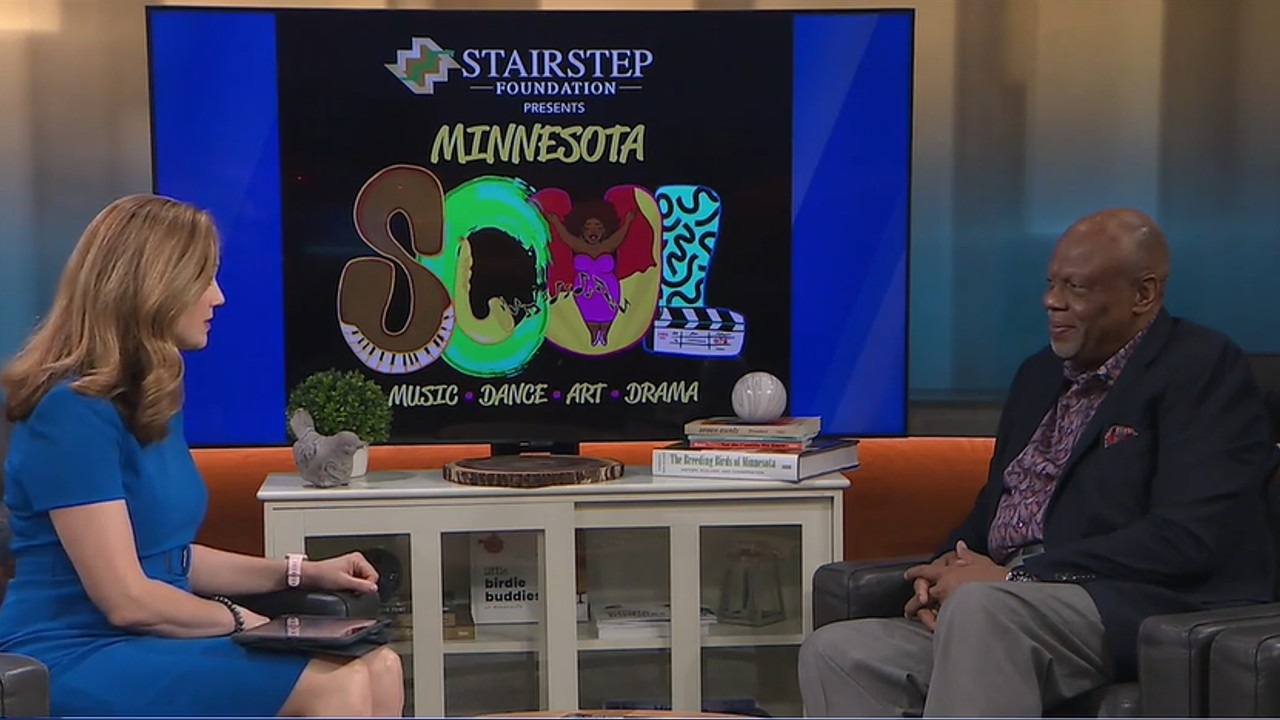World
Canada investigating possible link between India, killing of Sikh activist
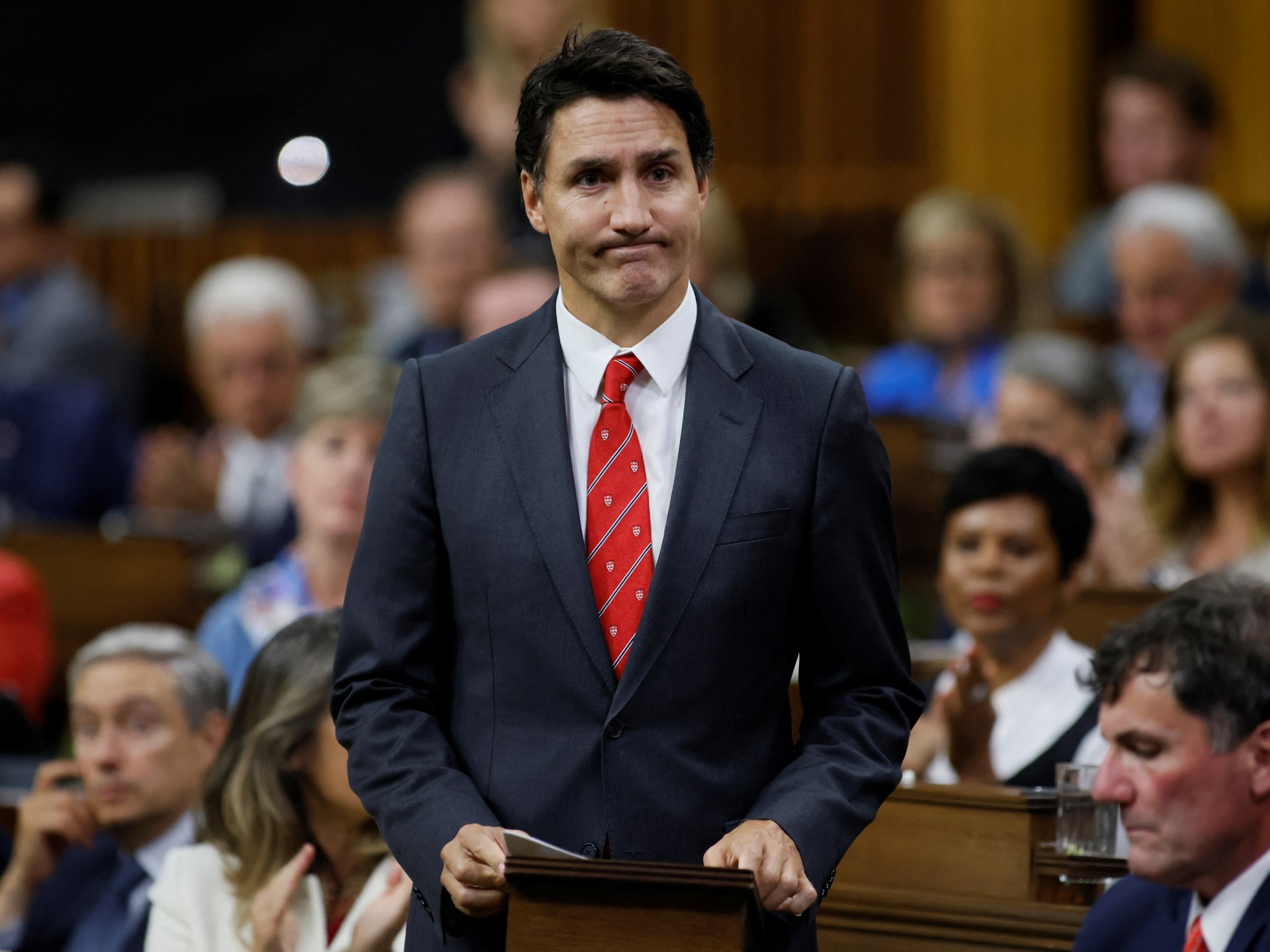
Canada’s prime minister has said Canadian security agencies are investigating “credible allegations of a potential link” between Indian government agents and the killing of a prominent Sikh-Canadian activist earlier this year.
Speaking in Parliament on Monday afternoon, Justin Trudeau said he personally conveyed “deep concerns” to his Indian counterpart, Narendra Modi, at the Group of 20 summit in New Delhi earlier this month.
Hardeep Singh Nijjar was fatally shot on June 18 outside a Sikh temple in Surrey, a city in Canada’s westernmost province of British Columbia, spurring widespread questions and condemnation.
“Any involvement of a foreign government in the killing of a Canadian citizen on Canadian soil is an unacceptable violation of our sovereignty,” Trudeau said on Monday.
“In the strongest possible terms, I continue to urge the government of India to cooperate with Canada to get to the bottom of this matter.”
The High Commission of India in the Canadian capital Ottawa did not immediately return Al Jazeera’s request for comment on the allegations.
Canadian Foreign Minister Melanie Joly said later on Monday that the government had expelled an Indian diplomat – the head of India’s external intelligence agency, known as RAW, in Canada – over the allegations.
She did not provide additional details, such as the official’s name or when the expulsion took place.
“We see this possible breach of sovereignty as completely unacceptable, and so that is also why we’re coming [out] with this information today,” Joly told reporters during a brief news conference.
The Globe and Mail newspaper first reported that Canadian national security authorities have “what they consider credible intelligence that India was behind” the killing of Nijjar.
Sources that spoke to the Canadian news outlet did not say how they made that determination.
“The Canadian government has privately ruled out severing diplomatic relations with New Delhi but is considering measures to respond to what it considers a serious violation of Canadian sovereignty,” the newspaper reported, citing unnamed sources.
Strained relations
Monday’s accusations come amid already strained relations between Ottawa and New Delhi, which have been tested over a range of issues including a stalled trade deal and Sikh activism in Canada more broadly.
Modi, the Indian prime minister, expressed “strong concerns” about Sikh protests in Canada during his talks with Trudeau on the sidelines of the G20, the Indian government said in a statement after the discussions.
“They are promoting secessionism and inciting violence against Indian diplomats, damaging diplomatic premises, and threatening the Indian community in Canada and their places of worship,” the statement said.
According to the Globe and Mail and other media reports, Nijjar was designated as a “terrorist” by the Indian authorities.
“India’s counter-terrorism National Investigation Agency (NIA) has alleged he conspired to kill a Hindu priest in Punjab and in 2022 it announced a reward equivalent to $16,200 for information leading to his arrest,” the Canadian newspaper said on Monday.
The activist was also involved with a group called “Sikhs for Justice”, CBC News has reported. The organisation pushes for an independent Sikh state in India, a call the Indian authorities have rejected outright.
Canadian lawmakers from across the political spectrum were quick to denounce India on Monday for its potential role in the activist’s killing.
Pierre Poilievre, the leader of the opposition Conservative Party, said in the House of Commons that if if the allegations are true, they would represent an “outrageous affront” to Canadian sovereignty.
“Canadians deserve to be protected on Canadian soil,” Poilievre said. “We call on the Indian government to act with utmost transparency as authorities investigate this murder because the truth must come out.”
Canadian authorities continue to investigate Nijjar’s killing, with the Royal Canadian Mounted Police (RCMP) saying last month that they had identified a vehicle believed to have been involved in the incident. Authorities say they are looking for three suspects.
Jagmeet Singh, the leader of the progressive New Democratic Party (NDP), who is of Sikh descent, said it was important for Canada to use “every tool” available to investigate the killing.
“We need to know the truth. We need to know all potential links, and anyone and everyone responsible should be brought to justice using the full power of a democratic nation,” Singh said.

World
John Stamos Shares Full House Reunion Photo With Olsen Twins in Honor of Bob Saget’s Birthday

ad
World
Climate activists glue themselves to Munich airport runway, pausing traffic
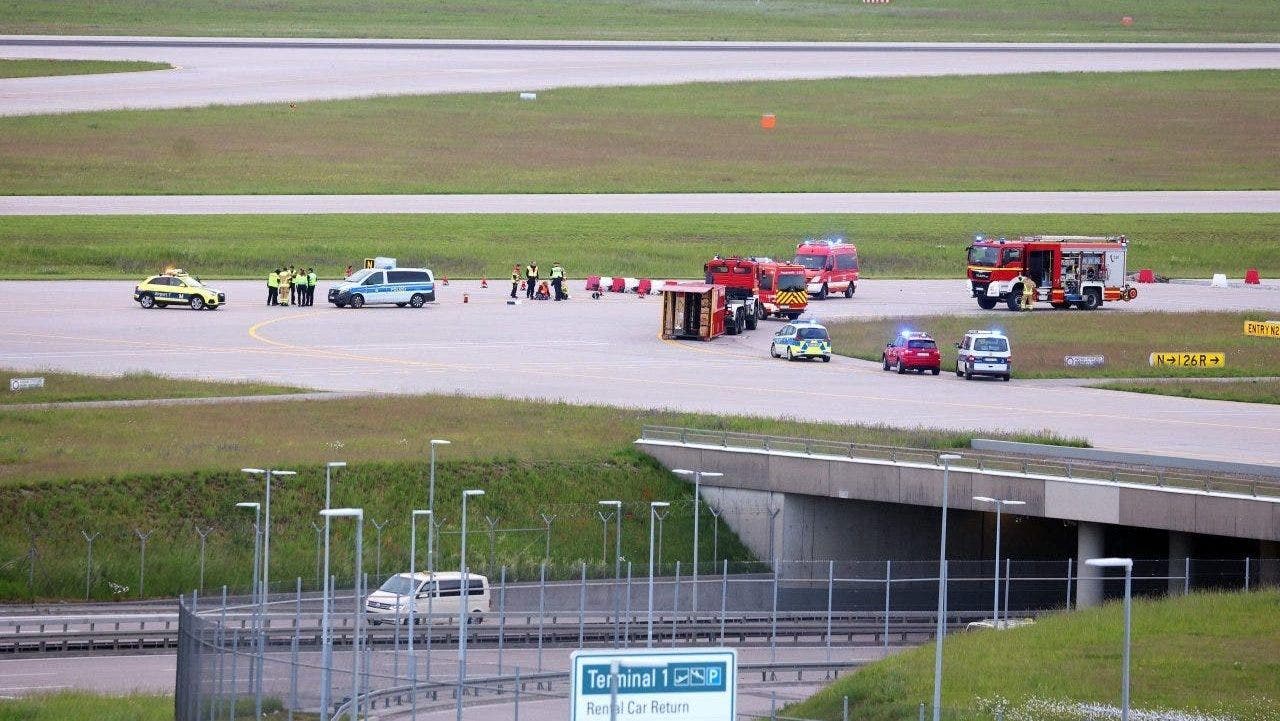
A group of climate protesters have been arrested in Germany after breaking into an airport and gluing themselves to the runway.
Six activists broke through security fencing at Munich airport in the German state of Bavaria on Saturday, according to the news outlet dpa.
Approximately sixty flights were canceled after the half-dozen protesters glued themselves to the tarmac, forcing officials to temporarily close the airport.
CLIMATE ACTIVISTS ARRESTED FOR BLOCKING AIRSTRIP IN MASSACHUSETTS
Climate activists lie on an access road for runways at the Munich airport. German officials and local media say authorities closed down Munich airport temporarily after six climate activists broke through a security fence and glued themselves to access routes leading to runways. ( (Karl-Josef Hildenbrand/dpa via AP))
An additional fourteen flights into Munich were forced to divert to other nearby airports to avoid the disruption.
Climate protest coalition Last Generation took credit for the stunt, claiming it was intended to draw attention to the German government’s inaction on the airline industry’s environmental impact.
CLIMATE GROUP TAKES RESPONSIBILITY FOR US OPEN CHAOS, OFFERS WARNING: ‘NO TENNIS ON A DEAD PLANET’

Climate activists stuck to a runway access road at Franz-Josef-Strauß Airport early Saturday morning. Climate protection activists paralyzed Munich Airport after breaking into the inner area of the airport grounds. The activists from the group Last Generation were protesting flying, the most polluting form of transportation, said the German news agency dpa on Saturday. (Karl-Josef Hildenbrand/picture alliance via Getty Images)
All six protesters were arrested and charged by law enforcement.
“Trespassing in the aviation security area is no trivial offense. Over hundreds of thousands of passengers were prevented from a relaxed and punctual start to their Pentecost holiday,” German Airports Association General Manager Ralph Beisel told dpa.

Police and firefighters stand on a runway access road at Franz-Josef-Strauß Airport around climate activists who have stuck themselves there. According to their own statements, members of the so-called Last Generation had planned to enter the airport grounds in order to block at least one of the two runways. (Photo: Karl-Josef Hildenbrand/dpa (Photo by Karl-Josef Hildenbrand/picture alliance via Getty Images))
“Such criminal actions threaten air traffic and harm climate protection because they only cause lack of understanding and anger,” German Interior Minister Nancy Faeser wrote about the protests on social media platform X.
The Munich incident was just one of many similar protests around the world against air transportation. Last Generation has performed at least two similar airport disruptions in Germany since last year.
World
Russian court seizes two European banks’ assets amid Western sanctions

Freezing hundreds of billions of dollars in lenders’ assets was part of dispute over gas project halted by sanctions.
A Russian court has ordered the seizure of the assets, accounts, property and shares of Deutsche Bank and Commerzbank in the country as part of a lawsuit involving the German banks, court documents showed.
The banks are among the guarantor lenders under a contract for the construction of a gas processing plant in Russia with the German company Linde. The project was terminated due to Western sanctions.
European banks have largely exited Russia after Moscow launched its offensive on Ukraine in 2022.
A court in St Petersburg ruled in favour of seizing 239 million euros ($260m) from Deutsche Bank, documents dated May 16 showed.
Deutsche Bank in Frankfurt said it had already provisioned about 260 million euros ($283m) for the case.
“We will need to see how this claim is implemented by the Russian courts and assess the immediate operational impact in Russia,” the bank added in a statement.
The court also seized the assets of Commerzbank, another German financial institution, worth 93.7 million euros ($101.85m) as well as securities and the bank’s building in central Moscow.
The bank is yet to comment on the case.
In a parallel lawsuit on Friday, the Russian court also ordered UniCredit’s assets, accounts and property, as well as shares in two subsidiaries, to be seized. The ruling covered 462.7 million euros ($503m) in assets.
UniCredit said it “has been made aware” of the decision and was “reviewing” the situation in detail. The bank was one of the most exposed European banks when Moscow launched its invasion of Ukraine, with a large local subsidiary operating in Russia.
It began preliminary discussions on a sale last year, but the talks have not advanced. Chief executive Andrea Orcel said UniCredit wants to leave Russia, but added that gifting an operation worth three billion euros ($3.3bn) was not a good way to respect the spirit of Western sanctions on Moscow over the conflict.
Russia has faced heavy Western sanctions, including on its banking sector, since the start of the war in Ukraine. Dozens of US and European companies have also stopped doing business in the country.
-

 Education1 week ago
Education1 week agoVideo: Police Use Pepper Spray on Protesters on G.W.U.’s Campus
-

 Politics1 week ago
Politics1 week agoOhio AG defends letter warning 'woke' masked anti-Israel protesters they face prison time: 'We have a society'
-

 Politics1 week ago
Politics1 week agoBiden’s decision to pull Israel weapons shipment kept quiet until after Holocaust remembrance address: report
-

 Finance1 week ago
Finance1 week agoSpring Finance Forum 2024: CRE Financiers Eye Signs of Recovery
-

 World7 days ago
World7 days agoIndia Lok Sabha election 2024 Phase 4: Who votes and what’s at stake?
-

 News1 week ago
News1 week agoThe Major Supreme Court Cases of 2024
-

 News1 week ago
News1 week agoTornadoes tear through the southeastern U.S. as storms leave 3 dead
-

 World1 week ago
World1 week agoA look at Chinese investment within Hungary
